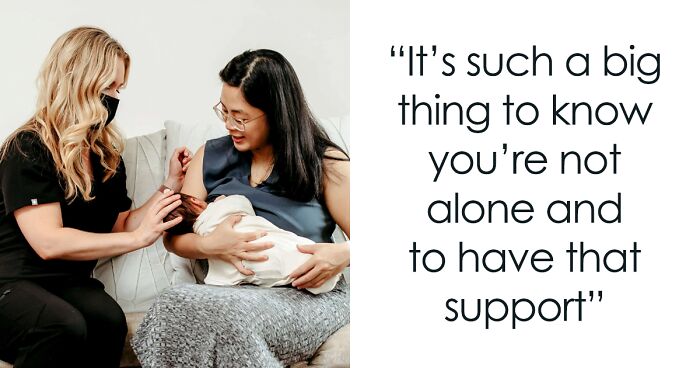
Inside The Luxury Postnatal Resorts That Cost Thousands Per Night And Provide Round-The-Clock Care
For a couple of thousands of dollars, future parents can get access to new luxury postnatal retreat centers that have been gaining popularity among affluent families in the US. The phenomenon has highlighted a growing demand for supportive alternatives to at-home recovery, as well as underscored disparities in access to postpartum care services
Ayra Redondiez gave birth to her son five weeks early last December, going straight from the hospital to the Village Postnatal Retreat Center in San Francisco, USA, for a luxurious six-night stay.
There, Ayra, who works in human resources at a software startup, got lactation coaching, baby CPR training, and even a massage.
The mother, who was also joined by her husband, reportedly enjoyed peaceful nights with her newborn nearby and could return to the retreat when her son faced health issues requiring hospitalization.
Affluent parents are opting for luxury postnatal retreats in the US, highlighting a demand for supportive alternatives to at-home recovery
Image credits: Boram Care
She told Bloomberg: “It’s such a big thing to know you’re not alone and to have that support. For me, that was priceless.”
Nevertheless, Ayra’s “priceless” experience did come with a price tag many people would consider to be expensive, paying approximately $6,300 for her opulent postpartum stay.
According to Bloomberg, luxury retreats like the Village Postnatal are gaining popularity amongst wealthy parents seeking alternatives to at-home recovery, exposing gaps in postnatal support services in the US.
Image credits: Boram Care
At Boram Postnatal Retreat, another center located in New York City, new parents pay $1,050 a night to receive three meals a day delivered to their room, round-the-clock breastfeeding support, and hands-on training in baby-care skills, such as swaddling and bathing.
Meanwhile, at the Sanu Postnatal Retreat in Tysons, Virginia, near Washington, clients are charged $1,045 a night and can stay for up to 12 weeks to receive recovery assistance and education.
A new retreat located in Dana Point, California, named Ahma & Co, is scheduled to open its doors on March 15. It will charge parents $1,650 a night and welcome them with its team of doulas, therapists, and newborn specialists.
Luxury postnatal retreats across the US offer tailored services, from round-the-clock breastfeeding support to baby-care training
Image credits: Boram Care
Esther Park, Ahma & Co’s founder and chief executive officer (CEO), claimed her center already has 4,000 people on its waitlist.
While postpartum retreats are a new concept in the US, they have been common in many Asian countries like South Korea and Taiwan, offering new parents access to various amenities and support services.
In South Korea, 8 in 10 new parents reportedly go to a joriwon (a postpartum care center) after giving birth, where they have access to meals, child-care classes, and pampering, such as massages and facials.
Image credits: Boram Care
Despite recommendations for comprehensive postpartum care, nearly half of Americans giving birth do not receive postpartum routine follow-ups, with most giving birth in hospitals and being discharged shortly after.
“The postpartum experience, it can be very lonely,” Laurie Zephyrin, senior vice president for advancing health equity at the Commonwealth Fund, which researches healthcare, told Bloomberg.
She continued: “People are now expected to go home and know what to do with a newborn, how to breastfeed, and how to recognize signs and symptoms of complications within themselves.”
Despite recommendations, a significant portion of American parents lack postpartum follow-ups
Image credits: Boram Care
“And when people have these experiences, they may not know who to call.”
Wealthy new parents accessing services at luxurious postnatal retreats in the US may have the means for hiring maternity services and parental leave, yet often still desire comprehensive support and societal acknowledgment of the challenges that come with becoming new parenthood.
Other countries recognize these struggles. For example, in Chinese culture, Bloomberg reported, a one-month period of rest and recovery at home is the standard.
Image credits: Boram Care
Ahma & Co CEO Esther said: “In the US, there is a significant problem in the way that we treat mothers.
“That also stems from not just the way that our health system is currently arranged but also the way our community is arranged.”
“Fantastic if you’re rich,” a reader commented
5Kviews
Share on FacebookExplore more of these tags
Welcome to the Netherlands where you can get homesupport for just a small fee for the first week.
Yeah, I loved my postnatal care in the Netherlands. My nurse was amazing. She took such good care of me and the baby and my toddler. The most amazing part is that it is such a cost effective care model with great outcomes for mothers and babies.
Load More Replies...These kind of for profit health services can only exist where fundamental postpartum care needs are not being met by the services that are supposed to provide them. It is a dystopian reality where some babies die because their parents cannot afford basic care, and other babies are rocked to sleep by private nannies in luxurious suites while mum has a facial and chef cooked meal (not blaming the mums!!).
Welcome to the Netherlands where you can get homesupport for just a small fee for the first week.
Yeah, I loved my postnatal care in the Netherlands. My nurse was amazing. She took such good care of me and the baby and my toddler. The most amazing part is that it is such a cost effective care model with great outcomes for mothers and babies.
Load More Replies...These kind of for profit health services can only exist where fundamental postpartum care needs are not being met by the services that are supposed to provide them. It is a dystopian reality where some babies die because their parents cannot afford basic care, and other babies are rocked to sleep by private nannies in luxurious suites while mum has a facial and chef cooked meal (not blaming the mums!!).

 Dark Mode
Dark Mode 

 No fees, cancel anytime
No fees, cancel anytime 






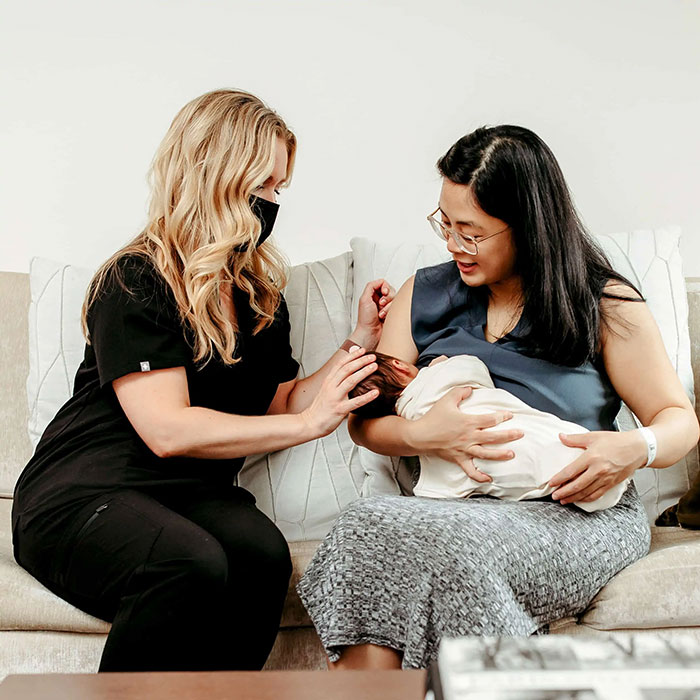
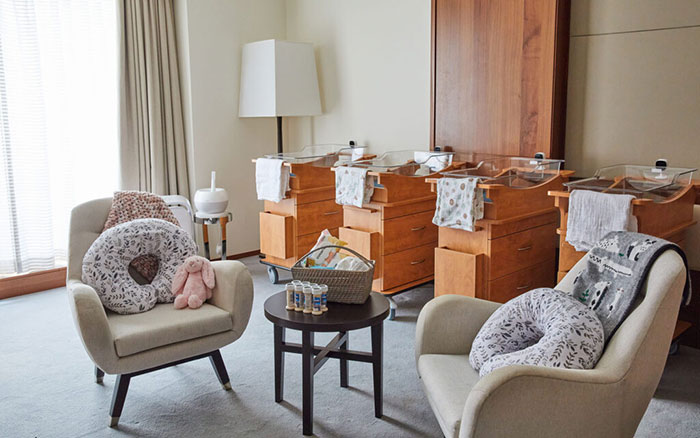
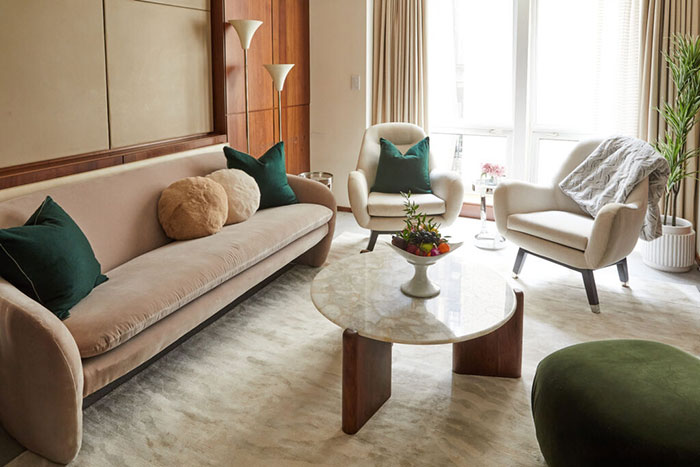
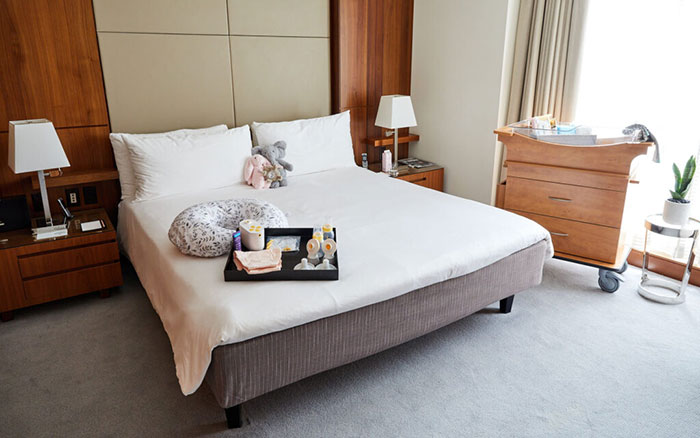

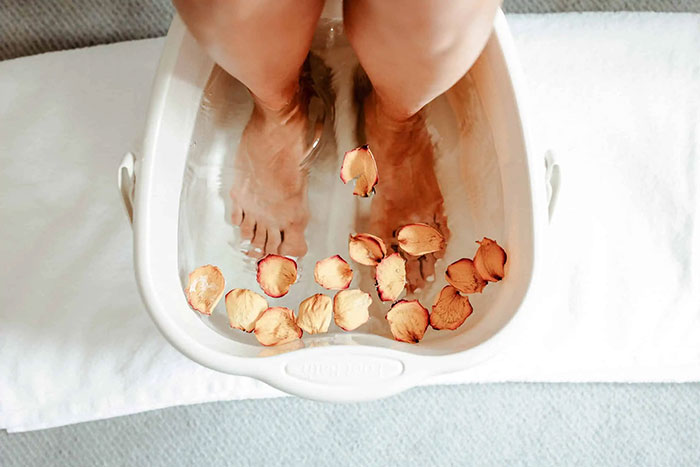





















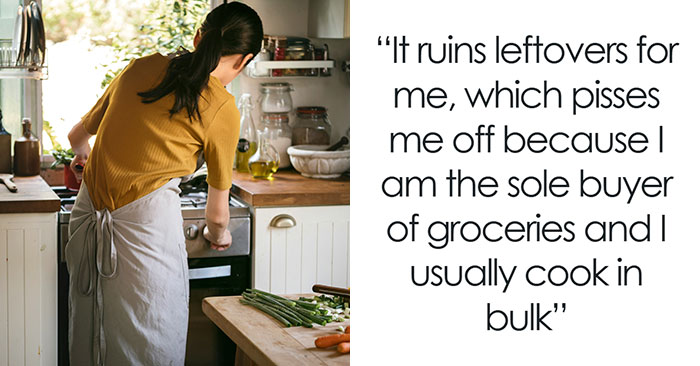

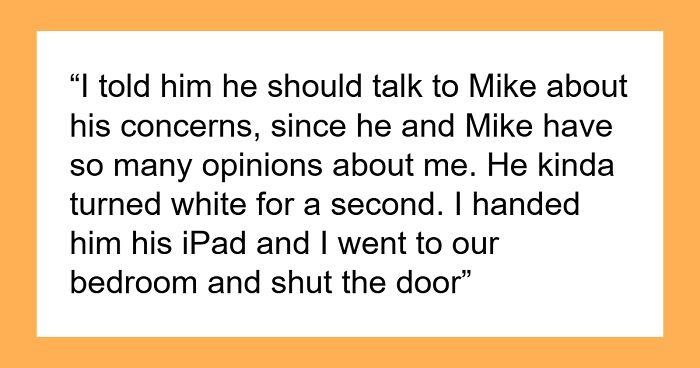






























17
12